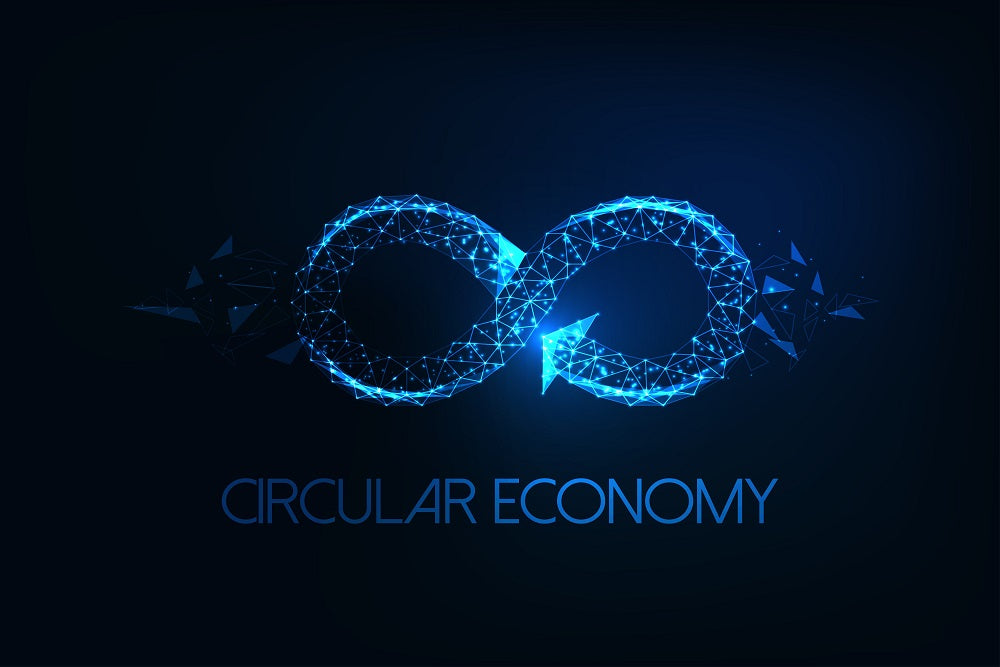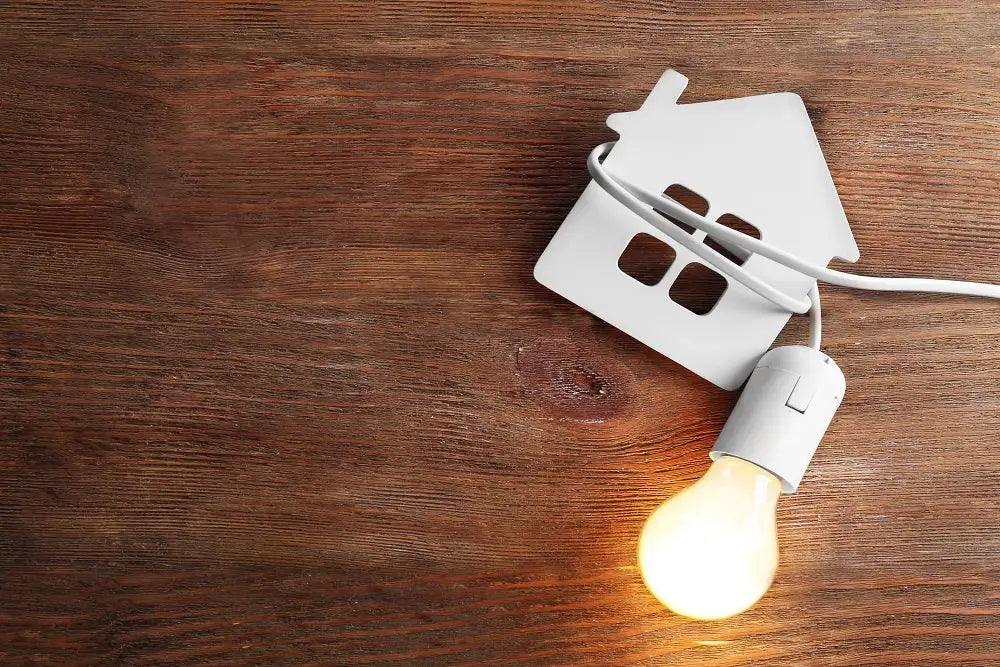Manufacturing, Recycling, and the Circular Economy

A circular economy is one in which products and materials are utilized in such a way as to decrease both the volume of production and waste the economy produces. Manufacturing and recycling play a significant role in the consumption of resources. We demonstrate both roles just by looking more deeply into lithium-ion batteries.
It has been estimated that production of lithium, cobalt, and graphite could increase some 500% over the next two-and-a-half decades just to make the volume of lithium-ion batteries that will be needed to power everything from consumer-electronics to electric vehicles (EVs). Furthermore, billions of tons of metals and minerals will have to be produced in order to support sustainable energy technologies.
What does this have to do with the circular economy? Though the production of minerals and metals must increase to meet the demand, all the things we produce using those resources will eventually reach their end-of-life. Recovering the resources and putting them back into manufacturing new parts and products closes the loop and creates a circle. The intent is to prevent or displace the need for newly procured materials.
Recycling Lithium-Ion Batteries
Production will have to increase in order to meet the demand for lithium-ion batteries in the years ahead. Fortunately, lithium-ion batteries can be recycled more cost-effectively and efficiently than ever and this trend is continuing. Manganese, nickel, and cobalt can all be recovered and put back into the manufacturing stream.
The interesting thing about the circular economy in relationship to battery manufacturing is that greater production eventually leads to less production. In other words, an initial jump in production is necessary to get enough batteries into circulation. But as those batteries reach end-of-life and are recycled, they provide more recovered materials that ultimately reduce production needs.
In essence, it is a pay-me-now or pay-me-later kind of deal. Another way to look at it is from the angle of having to spend money to make money. We have to produce minerals and metals to make lithium-ion batteries. But once those batteries are manufactured and used, we can recycle and reuse the minerals and metals previously harvested.
Long-Term Reusing and Recycling
When an economy is truly circular, long-term reuse and recycling ultimately leads to less production and more resource conservation. The thing is that we cannot get there without investing the time, money, and resources to create a loop we can eventually close. The lesson here is that creating a circular economy will take time. It will not happen overnight, but we are definitely heading in the right direction.
We are doing our part by offering consumers a better alternative to single-use alkaline batteries. We designed our USB rechargeable batteries around tried-and-true lithium-ion technology that not only makes efficient recycling possible, but also sensible.
Just one of our batteries can be recharged 1000+ times. Purchasing a 4-pack of our AA batteries could therefore displace the need for for 1,000 packs of alkaline cells. Your investment in USB rechargeable batteries is a long-term investment in the circular economy because you are keeping alkaline batteries out of landfills and, hopefully, recycling the batteries when they finally do reach end-of-life.
A Goal Worth Pursuing
Paleblue is absolutely a business for us. We wouldn’t say that it's not, but through this business we can not only move the world beyond single use batteries, but also move the world forward in other ways. We are enthusiastically embracing USB rechargeable lithium-ion batteries as a way for us to help contribute to the development of a circular economy in which valuable resources are reused and less waste is produced.
The circular economy thrives on reusing and recycling. Manufacturing must continue, but an effective circular plan will lead to less manufacturing in the long term. Here is hoping that the goal of striving for a circular economy ultimately leads to the elimination of single-use batteries altogether. That is a goal well worth pursuing.
- Tags: Economical Sustainability







